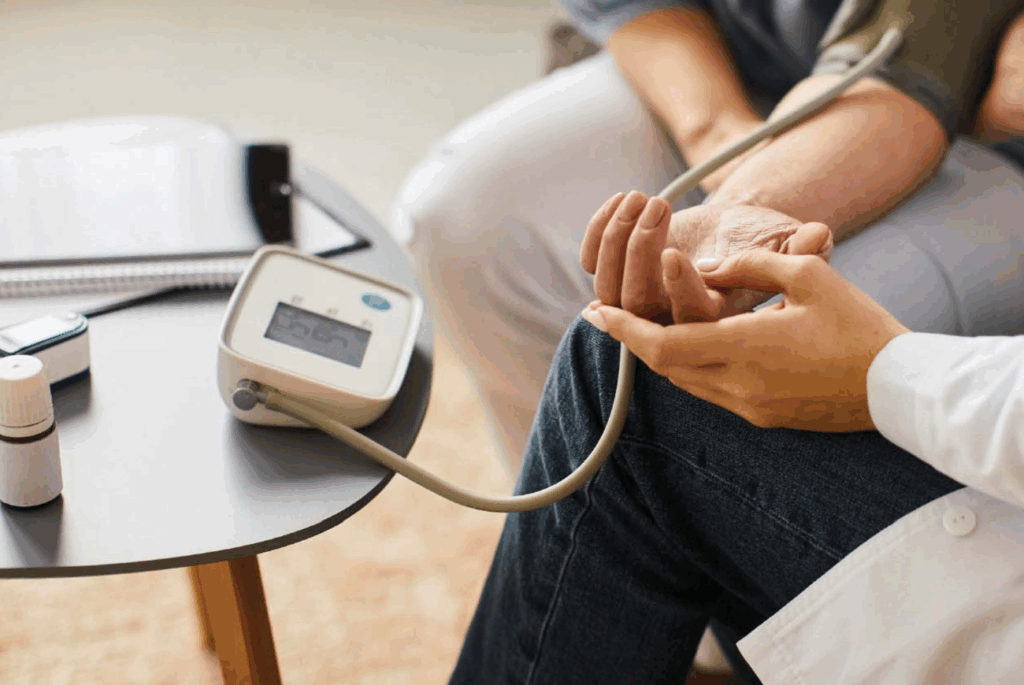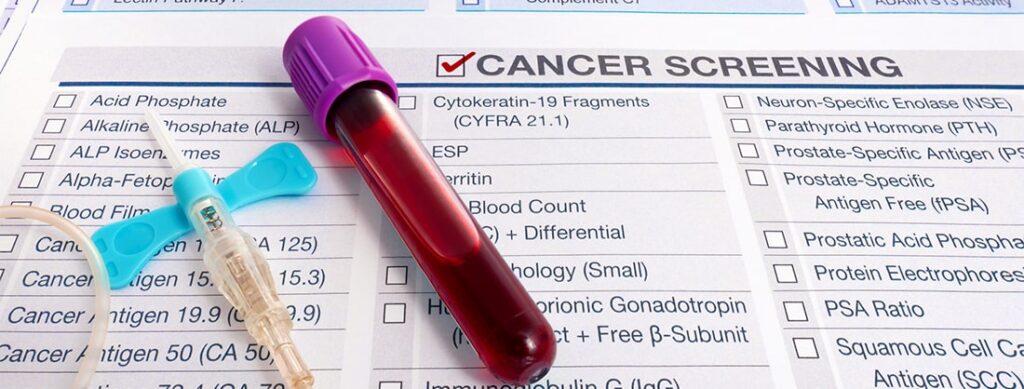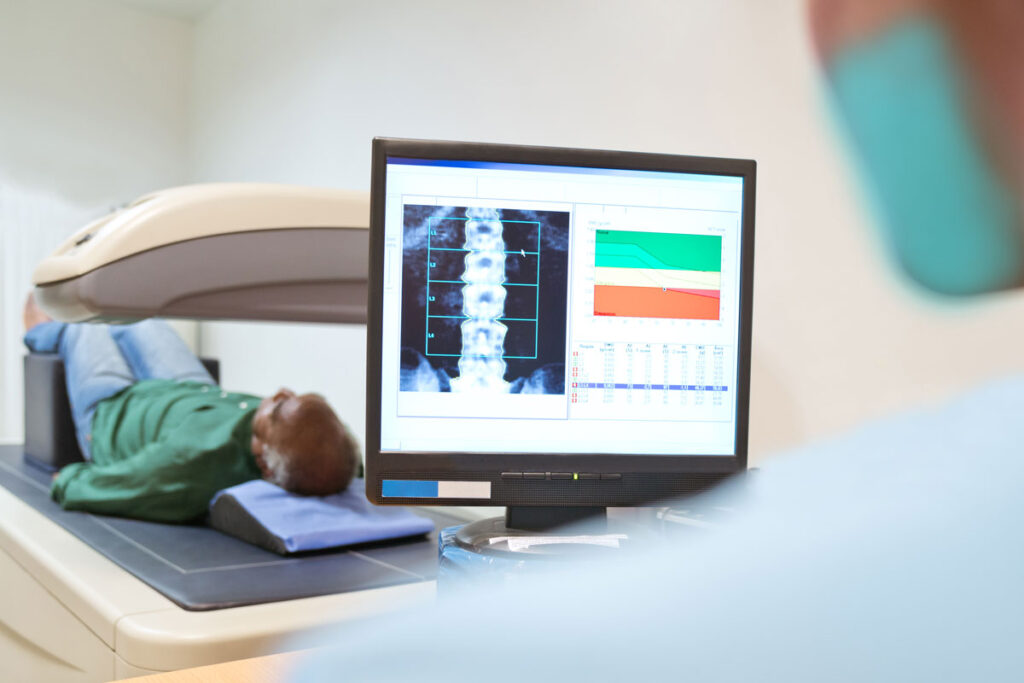
Preventive screenings are not about finding problems where none exist, but about giving yourself a safety net. At 40, risks for conditions like high blood pressure, cholesterol imbalance, and diabetes begin to rise. With timely testing, these can often be managed with simple lifestyle adjustments rather than invasive treatments.
When deciding where to start, your primary care physician is the best resource. They’ll review your family history, lifestyle habits, and previous results to recommend which tests you should prioritize. Reliable clinics make it easy to schedule multiple screenings in one place, ensuring you stay consistent with your health monitoring. One such clinic is https://poznan.twojlekarz-wawa.pl/.
Here are 10 medical tests you should look into if you are older then 40.
Table of Contents
1. Cardiovascular Health: Blood Pressure and Cholesterol

Source: myheart.org.sg
Heart disease remains one of the leading causes of illness after 40. Blood pressure and cholesterol tests are straightforward, yet they reveal a lot about your cardiovascular risk. High blood pressure is often called the “silent killer” because it usually presents no symptoms until it causes serious complications. Similarly, elevated cholesterol levels quietly contribute to arterial plaque build-up.
Doctors typically recommend:
- Blood pressure checks at least once a year.
- Cholesterol tests every 4–6 years, or more frequently if your results are borderline.
Making these two tests part of your annual routine is one of the simplest ways to protect your heart.
2. Blood Sugar and Diabetes Risk
Diabetes often develops slowly, and many people don’t realize they have it until damage is already underway. A fasting blood sugar or HbA1c test helps assess how your body processes glucose. After 40, especially if you’re overweight or have a family history of diabetes, this screening becomes crucial.
If results show early signs of insulin resistance, lifestyle changes like diet improvements and regular exercise can prevent full-blown diabetes. Testing every 3 years is generally recommended, but your doctor may suggest more frequent checks based on your risk profile.
3. Cancer Screenings Worth Considering

Source: aoncology.com
Cancer risk naturally increases with age, and 40 is often the threshold for beginning regular screenings. Which tests you need depends on your gender, family history, and overall risk factors:
- Breast cancer: Mammograms usually begin at 40 for women, especially if there’s family history.
- Cervical cancer: Pap smears and HPV tests remain important until at least 65.
- Colorectal cancer: Screening often starts at 45, but some doctors may recommend earlier testing if risk factors are present.
- Prostate cancer: Men may discuss PSA tests with their doctor, particularly if prostate issues run in the family.
These screenings save lives by detecting cancer before it spreads, making treatment far more effective.
4. Bone Density Testing

Source: my.clevelandclinic.org
Osteoporosis doesn’t happen overnight, and bone density testing can reveal early weakening long before fractures occur. Women over 40, especially after menopause, are at greater risk, but men should not ignore it either. A quick DEXA scan gives doctors valuable insight into bone health. If your results show thinning bones, preventive measures like calcium, vitamin D, and weight-bearing exercise can slow the process significantly.
5. Eye and Vision Examinations
Your eyes deserve more attention as you age. Conditions like glaucoma, cataracts, and macular degeneration become more common after 40. Regular eye exams help spot these early. Even if your vision seems fine, ophthalmologists can detect subtle changes that signal potential problems. A full eye exam every 2 years is a good starting point.
6. Hearing Tests
Hearing loss is another gradual change many people don’t notice until it interferes with daily life. Screening after 40 helps track changes and ensures early intervention. Untreated hearing loss has been linked to increased risk of cognitive decline, so it’s not just about quality of life, but long-term brain health as well.
7. Thyroid Function Tests
8. Skin Checks for Cancer and Aging Signs
Your skin keeps track of your history—sun exposure, genetics, and aging all leave marks. Dermatologists recommend annual full-body skin checks to monitor for early signs of melanoma and other skin cancers. Additionally, they can guide you on preventive care for age-related skin changes.
9. Liver and Kidney Function
Even if you feel healthy, your liver and kidneys may be under stress from years of diet, alcohol, or medication use. Routine blood tests, such as liver enzyme panels and kidney function tests, can highlight early concerns. This allows for lifestyle changes or treatment before more serious disease develops.
10. Dental and Oral Health
Oral health strongly influences overall health. Gum disease has been linked to cardiovascular problems, while untreated cavities can lead to chronic infections. After 40, dental checkups every 6 months become increasingly important. Dentists also screen for oral cancers during routine visits, making this another vital step in preventive care.
Wrapping It All Together
Health screenings after 40 should not feel like a burden, but a practical investment in your future. Think of these tests as routine maintenance, like servicing a car. Addressing small issues early saves you from bigger, costlier problems later on.
While the exact list of tests may vary depending on gender, genetics, and lifestyle, the principle remains the same: prevention is always easier than treatment. By building a consistent schedule with a trusted clinic, you give yourself the best chance at staying active, healthy, and independent for decades to come.







